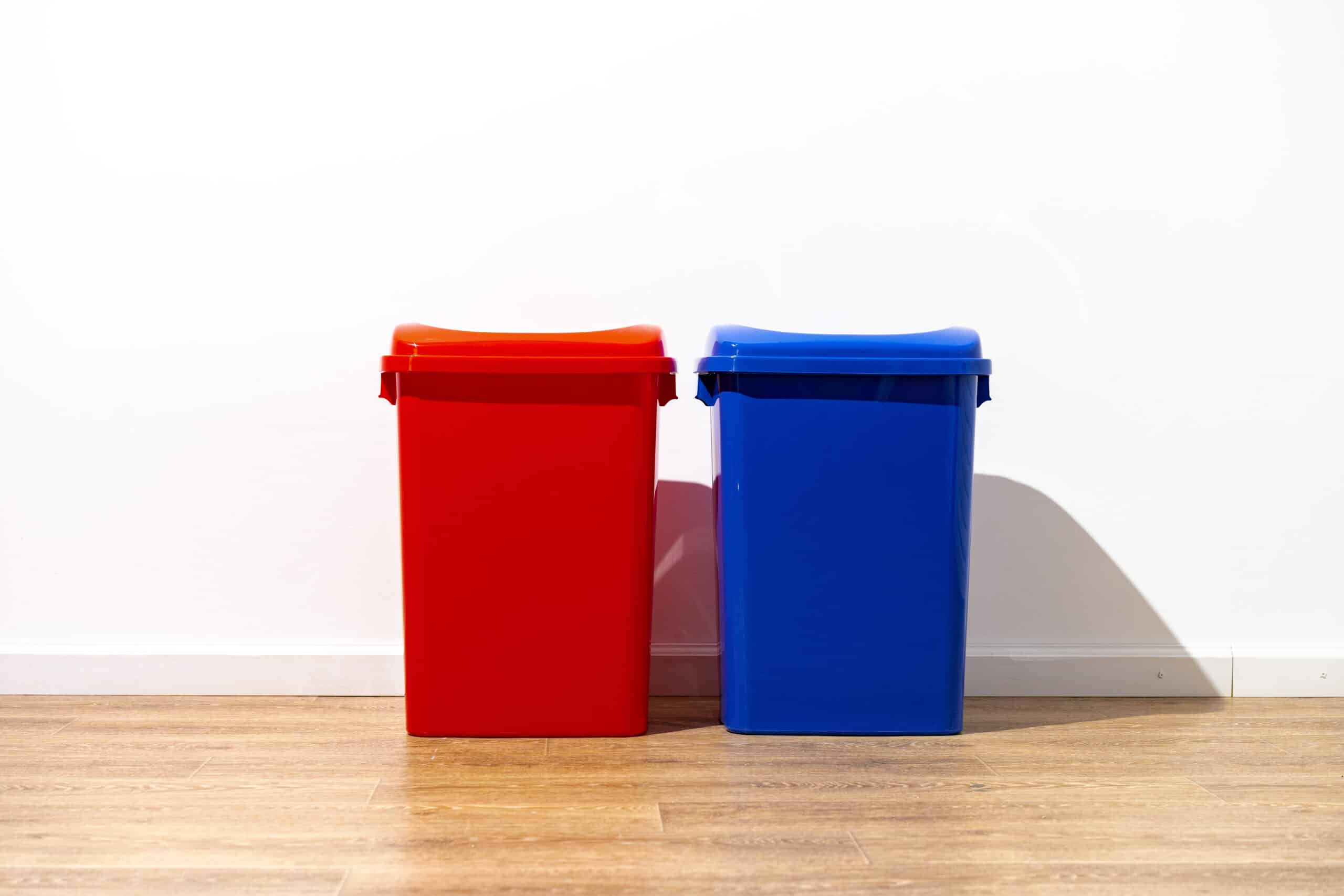
European policy
European policies often have a defining role in the policies to be implemented by member states. National governments are obliged to follow regulations imposed from Europe regarding environmental policies.
Depending on the nature of the policy – such as a regulation or a directive – member states have more or less freedom to flesh out these rules at the national level. Fair Resource Foundation urges the various agencies to formulate the most ambitious policies possible.
How does europe work?
For our work, three cooperating bodies in Europe are very important: the European Commission (the executive body that devises laws and monitors the budget), the European Parliament (the legislature with elected politicians who have to approve laws) and the Council of the European Union (the specialist ministers of the various member states who adjust and review policies). With our knowledge and experience, we also help policy makers in the drafting of new proposals and objectives. In this regard, we cooperate a lot with other European environmental organizations, because together you are stronger.
As Fair Resource Foundation, we are involved in this process at various times and levels. We review the content of proposals and reports, identify strengths and weaknesses, and determine if there is enough focus on prevention and reuse. Based on this, we take action, such as writing position papers or open letters, to ensure that environmental policy is not weakened by commercial interests or delays. Our goal is to ensure the impact and effectiveness of the policy and make adjustments as needed.

An end to shifting environmental problems
Europe still relies on exporting waste to countries outside Europe as a solution to the increasing amount of waste within the EU. These practices shift the responsibility for properly handling this waste to the recipient countries. In addition, this way we also lose valuable raw materials that can be used as inputs for new products. Shipping waste can have harmful effects on the environment and the health of local people in host countries, and it contributes to the global waste crisis.
It is essential that Europe take steps to address these problematic practices and promote the circular economy by encouraging waste prevention, reuse and recycling within the European Union. These policies should include focusing on preventing waste – through reuse, prevention and repair – implementing stricter waste disposal regulations, investing in high-quality recycling systems and reducing reliance on exports as a waste management strategy. Such policies ensure that Europe works to create a livable planet, including for societies outside the EU.
Latest publications
on European policy
European policy
Want to know more about this topic?
